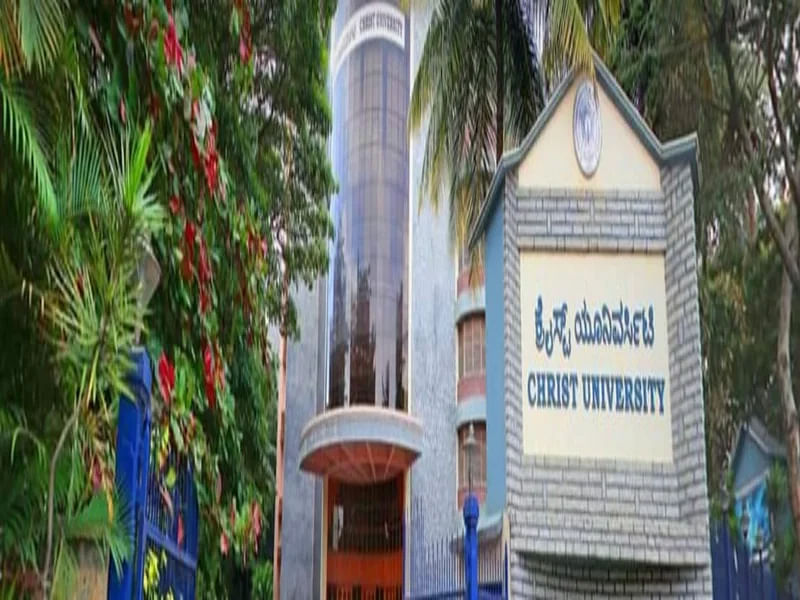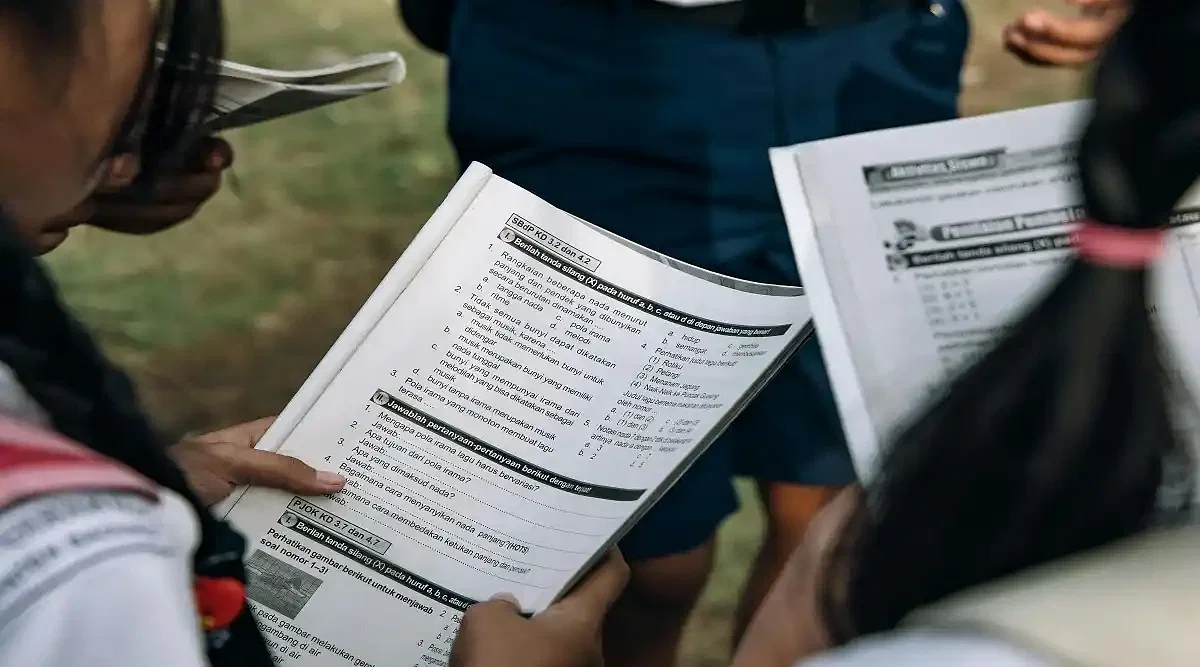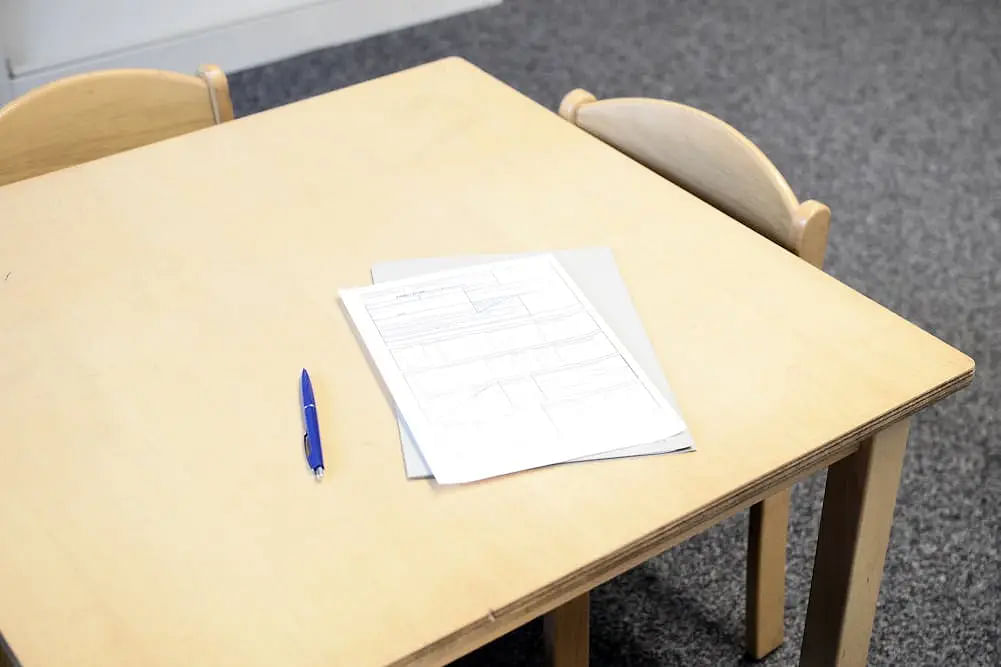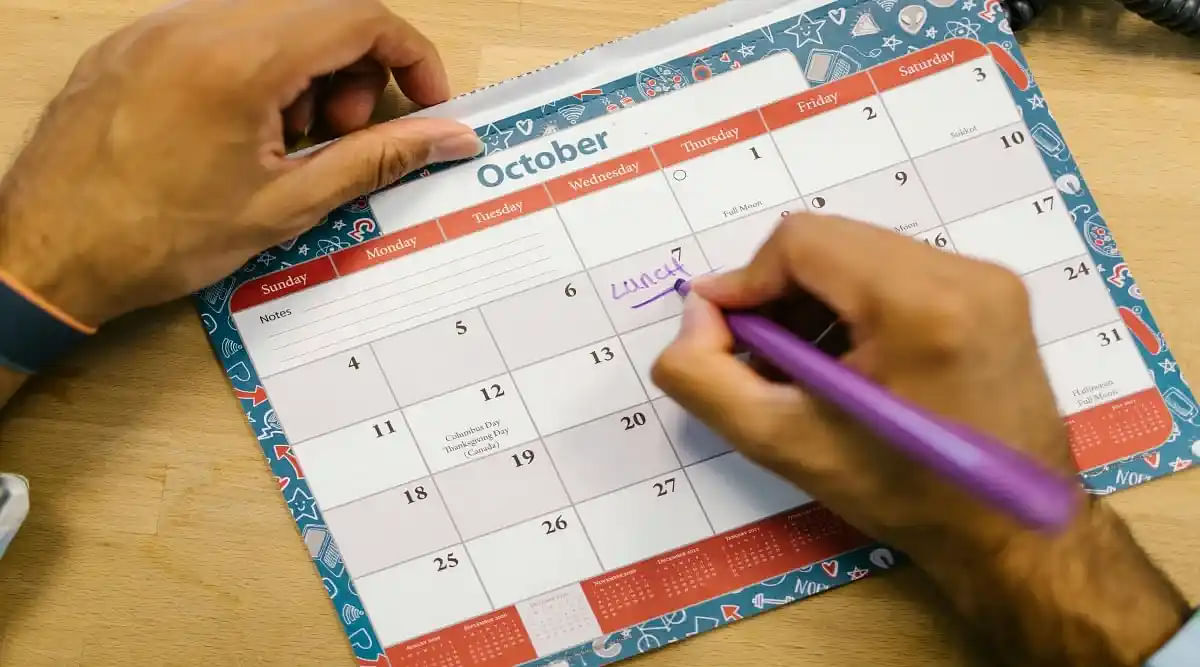CBSE Class 10th Passing Marks

Table of Contents
The CBSE Board assesses students overall through a variety of subjects and passing criteria. As per the CBSE Board, a student should secure a minimum of 33% of the total marks in class 10th. This states the inclusion of both internal and external assessments in determining if a student has passed.
Central Board of Secondary Education (CBSE) is one of the most prominent national education boards in India. It is responsible for organizing education at the school level across the country.
CBSE Class 10th Subject-Wise Passing Marks
CBSE Class 10th contains subject-wise weightage for each theory and practical. Each subject in CBSE Class 10th has a specific weightage for theory and practical. The student must score at least 33% in each subject to pass the examination.
The following table clearly depicts the full marks and the required passing marks for each subject.
| Subject | Full Marks (Internal and External Assessment) | Passing Marks |
| Mathematics - Basics | 100 | 33 |
| Mathematics - Advanced | 100 | 33 |
| Science | 100 | 33 |
| Social Science | 100 | 33 |
| English | 100 | 33 |
| Hindi | 100 | 33 |
| Computer Applications | 100 | 33 |
Also Check: CBSE Class 10 Exam Pattern 2025
CBSE Class 10th Passing Marks For Theory
In CBSE, theory components contain more weight than practical components. The weightage of theory and practical exams is 80 and 20 marks, respectively.
Students must secure at least 33 per cent of the total marks in theory exams to pass.
| Subject | Full Marks (Theory) | Passing Marks (Theory) |
| Mathematics - Basics | 80 | 26 |
| Mathematics - Advanced | 80 | 26 |
| Science | 80 | 26 |
| Social Science | 80 | 26 |
| English | 80 | 26 |
| Hindi | 80 | 26 |
| Computer Applications | 80 | 26 |
Also Check: CBSE Class 10 Sample Papers 2024-25
CBSE Class 10th Passing Marks for Practicals
The CBSE requires students to score at least 33 per cent in the practical components to pass the exam. Evaluations through practicals are based on project work, experiments, and oral examinations.
Practical subjects include computer applications, science, information technology, physical education and home science.
| Subject | Full Marks (Practical) | Passing Marks (Practical) |
| Science | 20 | 7 |
| Information Technology | 50 | 17 |
| Physical Education | 30 | 10 |
| Home Science | 20 | 7 |
| Computer Applications | 50 | 17 |
Read more: CBSE Class 10 Date Sheet 2025
CBSE Class 10th Grading System
CBSE grading system works on converting grades. Marks are converted to grades, and the cumulative performance across all subjects determines the final result. The grades are associated with the marks obtained by the student.
- Theory exam weightage: In the majority of the exams, 80 per cent of the total marks are associated with the theory examination.
- Practical exam weightage: The remaining 20 per cent of the marks are allocated to the practical component of the exam.
In the CBSE Class 10th grading system, grades are awarded on a scale of A1 to E (E being the lowest and considered a fail). The grades are completely associated with the range of marks scored by the student. Students' marks should lie in grade D at minimum.
If a student secures marks below D, they must be super for the compartment exams.
| Grade | Marks Range | Grade Point |
| A1 | 91-100 | 10 |
| A2 | 81-90 | 9 |
| B1 | 71-80 | 8 |
| B2 | 61-70 | 7 |
| C1 | 51-60 | 6 |
| C2 | 41-50 | 5 |
| D | 33-40 | 4 |
| E1 | Below 33 | Fail |
Read more: CBSE Class 10 Registration Form 2025
Tips To Score Excellent CBSE Class 10th Passing Marks
The most important tips to score above average or excel in CBSE 10th passing marks are listed down below for students:
- Mathematics: For mathematics, memorize key formulas and theorems and revise them regularly. Previous year's questions must be solved for practice and improved speed and better retention of concepts.
- Science: Focus on solving the numericals in physics. Learn chemical reactions and go through the chemical equations, and for understanding biology students must focus on practice diagrams like ear, plant parts etc. as it would be easy to score marks through this. Also, they carry significant weightage.
- Social Science: For remembering concepts of political science, a student should understand the key components of the content by relating them with the real political scenario. For history, memorize important dates and events and try to use mnemonic devices for remembering things better. For geography, practice map work regularly and memorize the names of important rivers, climatic conditions and their effects and mountain ranges.
- English: Writing section needs to be practiced like essay writing, letter etc. as it will boost your creativity in understanding the topic and writing about the same. For grammar, rules of tenses should be learnt by heart. For the literature section, chapters must be read properly as in between questions are asked generally.
- Hindi: Associate Hindi grammar with real-life scenarios to make it easy to remember. Also, focus on the stories and practice answer writing as it will increase the speed of writing the language.
General Tips:
- Create a study timetable that covers all subjects.
- Regularly take breaks to avoid burnout.
- Use mind maps and flowcharts to make your notes more organized and easier to revise.
- Practice writing answers within the word limit, as long answers are often time-consuming.
Also Check: CBSE Additional Practice Paper: Download for Class 10th and 12th







![Motilal Nehru National Institute of Technology, [MNNIT] Allahabad](https://media.getmyuni.com/azure/college-image/small/motilal-nehru-national-institute-of-technology-mnnit-allahabad.webp)























